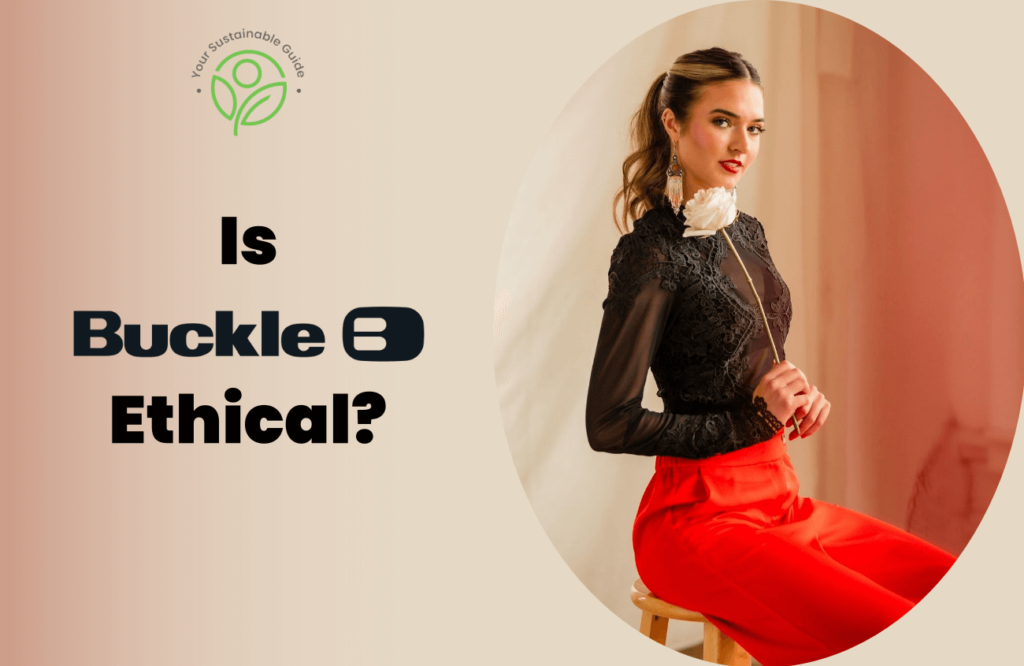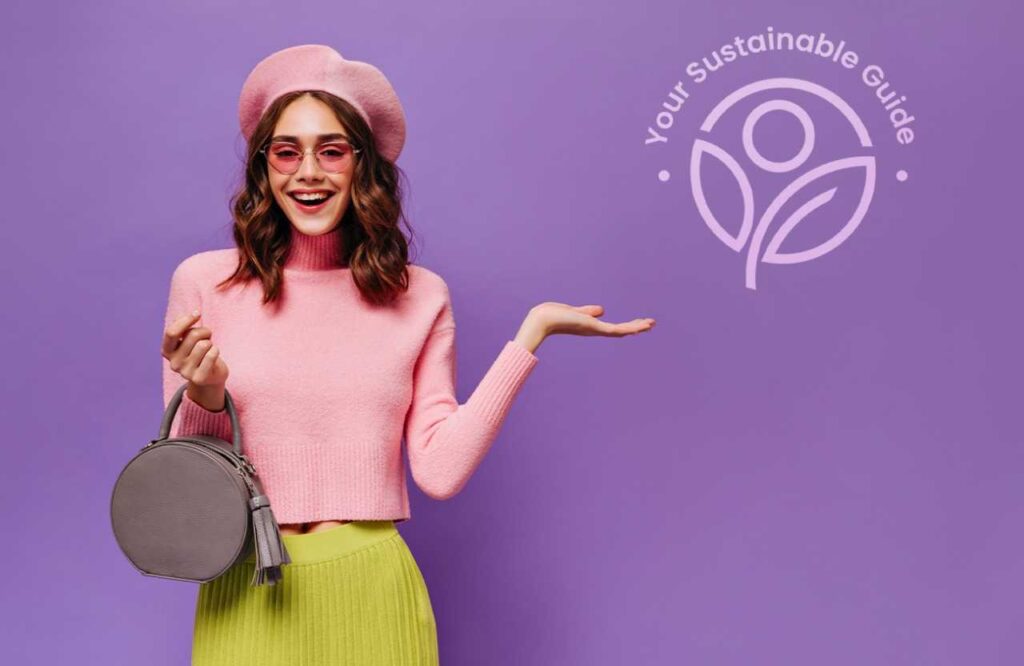The fast fashion industry is a roaring success that has been taking the world by storm for the past few decades. Staying true to its terminology, the fast fashion business model operates by rapidly producing runway trends, in massive amounts, quickly sent to flashy stores and websites to entice consumers. But while shoppers feel happy about getting their hands on cheap deals, it’s the garment makers and the planet that is paying a much higher price.
As conscious beings, it is our duty to know which fast fashion brands to avoid so that we do not become a part of the destruction they are causing. Because fast fashion companies prioritize their financial success by keeping the people and the environment at stake. As a result, these brands use sweatshops and benefit from an approach that causes horrifying environmental damage!
Advocating the ‘throw-away’ culture, no doubt the fashion industry is the world’s second-largest polluter, releasing an estimated 8-10% of toxic greenhouse gas emissions annually. But we can be the change! This feature aims to create awareness of the worst fast fashion labels to avoid and help you make more informed clothing choices that are sustainable and ethical. Time to dig in!

What is Fast Fashion & Why it is Bad?
Fast Fashion refers to producing colossal volumes of clothes at breakneck speed in sweatshops inspired by the latest catwalk or celebrity culture. Typically made from cheap fabrics, these garments attract shoppers because they get to indulge in high fashion and look like a fortune without hurting their pockets!
In today’s scenario, fast fashion brands are flourishing as a result of years of brainwashing the masses to prioritize trending fashion over everything. It tricks you into the idea that outfit repetition is a huge fashion faux pas, and if you want to look admirable, you have to sport the latest looks. This business model focuses on keeping manufacturing low. Hence, most labels turn to third-world countries where labor is cheap and human rights violation is not a big deal.
The fast fashion industry’s sole motive is to appeal to customers at a maximum level by offering lucrative fashion deals, encouraging them to overconsume. Because the more you shop, the more these prominent players can reel in oceans of profits.

How to Check if a Brand is Fast Fashion or Not?
Checking whether a brand is fast fashion or not is no rocket science. There are some major red flags that all these labels have in common.
- Look for low-quality materials. To cut on costs, these brands use cheap polluting fabrics like polyester, nylon, viscose, acrylic, etc. These materials are energy-intensive and are hazardous to both the planet and human health.
- Frequent launches of new styles. Fast fashion brands believe in overproduction and overconsumption. The more designs they drop, the more consumers will shop.
- Duplicate styles from famous designer houses or recent fashion shows. The idea is to produce cheaper versions of the most sought-after looks to make the most of sales.
- They keep their collection extremely affordable. Everybody wants to look fashionable, but most people, especially the youth, are always on a budget. Hence, fast fashion brands keep pricing low to appeal to the masses.
- Discounted offers, and flash sales are regular with these labels. It is a trick they play to clear old stock and make place for new.
- Fast fashion brands do not maintain a transparent supply chain. You would find absolutely no information about its ethical practices, production methods, or factories. At max, they would reveal their sourcing countries and nothing else.
- These brands don’t have any sustainability goals to reduce their carbon footprint by reducing their greenhouse gas emissions, choice of fabrics, wastewater treatment, or recycling initiatives.
- Fast fashion brands are never certified by recognized third-party certifications like B-Corp, Bluesign, Cradle to Cradle, Climate Neutral, Fair Wear Foundation, Fair Trade Certified, etc.
30 Fast Fashion Brands to Stay Away From
Our list of fast fashion brands to avoid includes Shein, Romwe, Zara, Fashion Nova, Cider, Nasty Gal, J.Crew, YesStyle, J.ING, Jaded London, Banana Republic, UNIF, Emmiol, Halara, Princess Polly, Lululemon, Shekou, L.L. Bean, Motel Rocks, Cotton On, Buckle, Zalando, Ted Baker, Killstar, Demonia, H&M, Aeropostale, Forever 21, Victoria’s Secret, and Primark. These labels are the worst lot, because they not only exploit labor rights but also leave behind massive carbon footprint.
1. Shein

2. Romwe

3. Zara

4. Fashion Nova

5. Cider

6. Nasty Gal

7. J.Crew

8. YesStyle

9. Halara

10. Emmiol

11. Jaded London

12. Lululemon

13. Banana Republic

14. Princess Polly
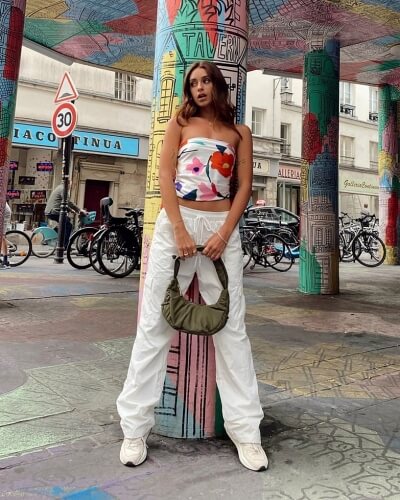
15. Shekou

16. L.L.Bean

17. J.Ing

18. Motel Rocks

19. UNIF

20. Zalando

21. Ted Baker
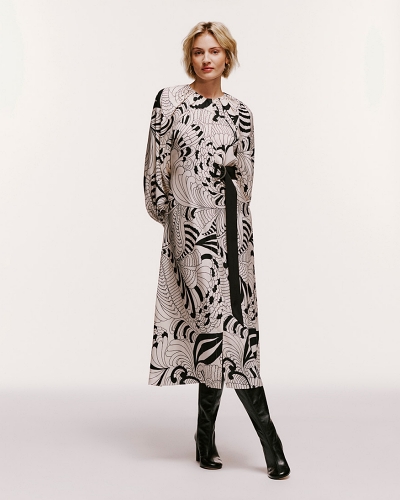
22. Cotton On

23. Killstar

24. Buckle

25. Demonia
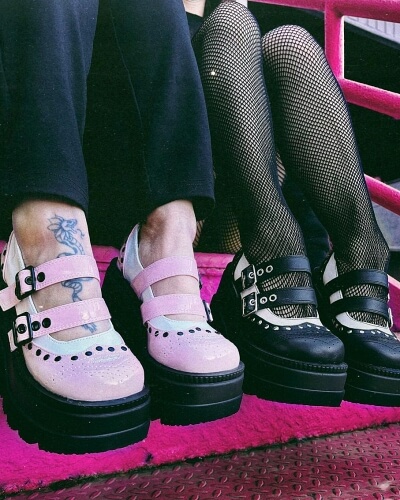
26. H&M

27. Victoria's Secret

28. Forever 21

29. Aeropostale
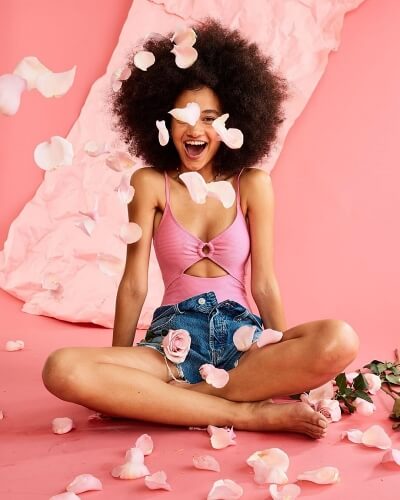
30. Primark
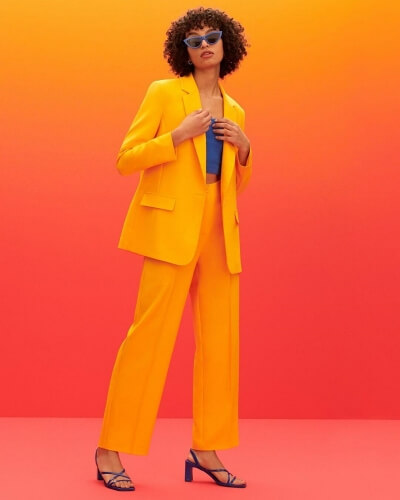
20 Best Sustainable Alternatives to Fast Fashion Brands
Lately, raising concerns about global warming and conserving the planet have seen a surge in eco-friendly brands that advocate sustainable fashion. With ethical practices and sustainability in their DNA, these labels focus on bringing to you slow fashion pieces that are classic and timeless and will last you for years. In their way of giving back to the planet, these labels do a lot more than just sell their merchandise. And that’s all the world needs right now. Let’s check them out!
To Wrap it Up...
The fast fashion industry is flourishing because of the wrongdoings of the above-mentioned companies. Due to their intense marketing strategy, it is only fair that they would link to your mind for a long time. After all, that has always been their goal— To feed into the consumers’ conscience of always keeping up with trends!
But as mindful consumers, you can help bring drastic changes! You already have the access to the list of fast fashion brands to avoid. All you have to do now is take your shopping trips to compassionate labels that strive to create a positive impact on the environment. Remember! By supporting fair trade fashion brands, we can divert the apparel industry in the right direction and make a difference for future generations.
* All brand images in the article are from official Instagram accounts of the respective brands





